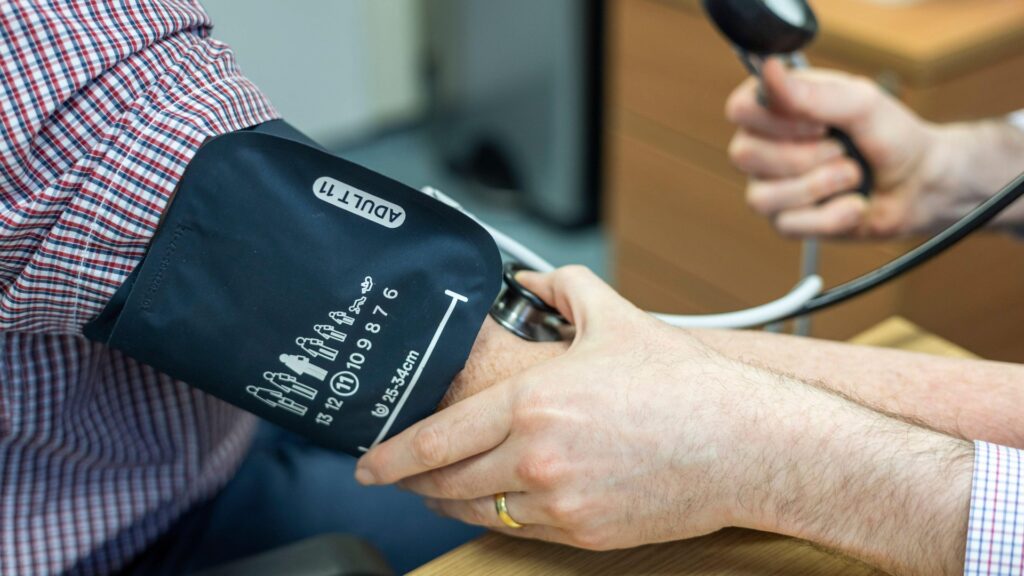A VEGETABLE juice available in supermarkets can lower your blood pressure by killing bad mouth bacteria, a study found.
About one in three Brits have high blood pressure, raising their risk of heart disease, strokes and dementia.
Millions take medication to reduce the danger but your diet can also help.
Researchers at Exeter University found that nitrates in beetroot juice can maintain a healthy balance of bacteria in the mouth and gut in older patients.
People in their 60s and 70s saw a decrease in blood pressure after two weeks of drinking two shots of juice per day.
They used juice concentrate shots that cost about £1.80 each and are equal to a pint of pressed juice, costing about £1.65.
Nitrate from the juice increases the body’s production of nitric oxide, which helps blood vessels to relax and regulates blood pressure.
Veg alternatives if you don’t like beetroot
Study author Professor Anni Vanhatalo said: “We know that a nitrate-rich diet has health benefits and older people produce less of their own nitric oxide as they age.
“Encouraging older adults to consume more nitrate-rich vegetables could have significant long term health benefits.
“The good news is that if you don’t like beetroot, there are many nitrate-rich alternatives like spinach, rocket, fennel, celery and kale.”
The study, published in the journal Free Radical Biology and Medicine, compared the effects in 39 under-30s and 36 pensioners in their 60s and 70s.
Both age groups had a “significant” change in the balance of bacteria in their mouths.
Experts increasingly believe the balance of bugs in our mouth and gut has a huge influence on overall health.
Beetroot juice did not have the same blood pressure lowering effect on younger participants.
Older people saw an increase in health-boosting bacteria Neisseria, and a decrease in a bug called Prevotella.
This in turn led to a decrease in blood pressure readings.
Dr Lee Beniston, of the Biotechnology and Biological Sciences Research Council, said: “This research is a great example of how bioscience can help us better understand the complex links between diet, the microbiome and healthy ageing.
“It opens up new opportunities for improving vascular health through nutrition.”
How to lower blood pressure
Persistent high blood pressure (hypertension) puts extra strain on your blood vessels, heart and other organs and it can raise your risk of serious conditions like heart disease, heart attacks and stroke. Here’s how to reduce it.
Reduce salt
Adults are recommended to limit their salt to 6g per day (around one level teaspoon) to avoid health consequences including high blood pressure.
The top tip is to swap out table salt, according to the Salt Substitute and Stroke Study, replacing it with a reduced sodium and added potassium alternative.
Cut down on alcohol
Excessive boozing can narrow the blood vessels, which raises the risk of hypertension.
Official drinking guidelines advise that people should not regularly drink more than 14 units a week to keep health risks from alcohol low.
Get moving
Exercise is good for the heart and the blood vessels.
Although the guidelines recommend 150 minutes of activity per week, if you’re currently very inactive, just a walk to the shop every day is better than nothing, and you can work up from there.
Studies suggest that isometric exercises – when you hold the body in one position without moving, such as a wall squat or plank – are best for lowering blood pressure.
Stop smoking
Smoking cigarettes is a killer. It makes the arteries sticky and narrow, which can cause blockages.
While smoking is not a direct cause of high blood pressure, it can cause an instant rise to pressure, heart rate and reduce the amount of oxygen that gets to the body’s cells.
Skip coffee
Sadly, caffeine can cause a short, but dramatic increase in your blood pressure – even if you don’t have high blood pressure.
Therefore cutting back on coffee is recommended as a lifestyle tip for those with hypertension.
Lose weight
The above tips can help you to lose weight, which is beneficial because being overweight in itself is a risk factor for hypertension.
Being overweight forces your heart to work harder to pump blood around your body, which can raise your blood pressure.
The only way of knowing whether you have high blood pressure is to have a blood pressure test. All adults over 40 years old are advised to have their blood pressure checked at least every five years.

